Writing about tea that is truly, sincerely, irredeemably horrid is, of course, a great deal of fun.
I feel particularly bad about this introduction given that both of these cakes were generously provided by Mr. Jerry of China Chadao. Note, however, that this is part I of II. The second part describes cakes that are much more yumptious.
Before we get to those, let us indulge ourselves.
I feel particularly bad about this introduction given that both of these cakes were generously provided by Mr. Jerry of China Chadao. Note, however, that this is part I of II. The second part describes cakes that are much more yumptious.
Before we get to those, let us indulge ourselves.
Nakashan is in the Mengsong area, and is becoming rather pricey. It is not quite up there with Guafengzhai, and the other "cool" spots, and certainly nowhere near Laobanzhang, but prices are beginning to escalate.
This is a 100g xiaobing; the full cake costs a serious $126. As with many Douji cakes, even their "single mountain" products, this Nakashan cake is made from fragmented leaves. The days of long-leaf Douji seem to have ended around 2006, as far as I can tell, which is, coincidentally, about the last time that Douji cakes were realistically priced.
The cake has a full and buttery scent that takes me by surprise, because it reminds me of vendor-made selections, rather than mass-market Douji cakes. The body of the tea is sharp and powerful, almost overbrewed. Someone has clearly decided that the Douji "single mountain" cakes will be strong; this makes them suitable for storage, the thinking probably goes.
Hints of the infamous Nakashan "biscuit base" exist, particularly in the after-scent that is left in the nose after the swallow. I remove some leaves from the pot, in an attempt to control the excessive bitterness, but the quantity that I originally used was deliberately small.
It is not at all accessible, by any standard of reckoning. It is bitter, pure and simple, and when leaves are removed it becomes thin - not any less bitter.
By the third infusion, it has calmed ever-so-slightly, such that the biscuit / bread base is revealed more clearly. While not in any way enjoyable, it is feasible that it might age well. There is some rough greenness about the throat, and it is neither thick nor full - but this could be because I have been forced to use fewer leaves than normal Just to be kind, I will try a fourth infusion...
...and rapidly wish I hadn't. "I will clean the teapot carefully", my journal records.
It is not at all accessible, by any standard of reckoning. It is bitter, pure and simple, and when leaves are removed it becomes thin - not any less bitter.
By the third infusion, it has calmed ever-so-slightly, such that the biscuit / bread base is revealed more clearly. While not in any way enjoyable, it is feasible that it might age well. There is some rough greenness about the throat, and it is neither thick nor full - but this could be because I have been forced to use fewer leaves than normal Just to be kind, I will try a fourth infusion...
...and rapidly wish I hadn't. "I will clean the teapot carefully", my journal records.
Jingmaishan! Save us with your orchid-and-nuts savoury sweetness! Surely you could not punish me in such a manner?
As I wrench the wrapper from the cake, I can almost hear this little xiaobing's maniacal laughter...
When added to the pot, the fragmented leaves have the aroma of Jingmaishan. At least there is that, albeit rather timid.
Believe it or not, this Jingmaishan cake somehow has a sharply bitter edge to it, just like the Nakashan. I don't know how one manages to achieve such bitterness in a Jingmai cake, but the evil genius of Douji has somehow managed it.
Believe it or not, this Jingmaishan cake somehow has a sharply bitter edge to it, just like the Nakashan. I don't know how one manages to achieve such bitterness in a Jingmai cake, but the evil genius of Douji has somehow managed it.
I was sparing with the leaves, suspecting (correctly) that this might be bitter. The result is thin and reedy - but still bitter.
The second and third infusions taste nothing but rough, bitter, and green. The taidicha [plantation tea] component is dominant and prevents enjoyment. When considered in the light of its substantial price, one has to wonder what Douji is thinking with bitter cakes such as these. "Storage" would presumably be the optimistic answer.
The second and third infusions taste nothing but rough, bitter, and green. The taidicha [plantation tea] component is dominant and prevents enjoyment. When considered in the light of its substantial price, one has to wonder what Douji is thinking with bitter cakes such as these. "Storage" would presumably be the optimistic answer.

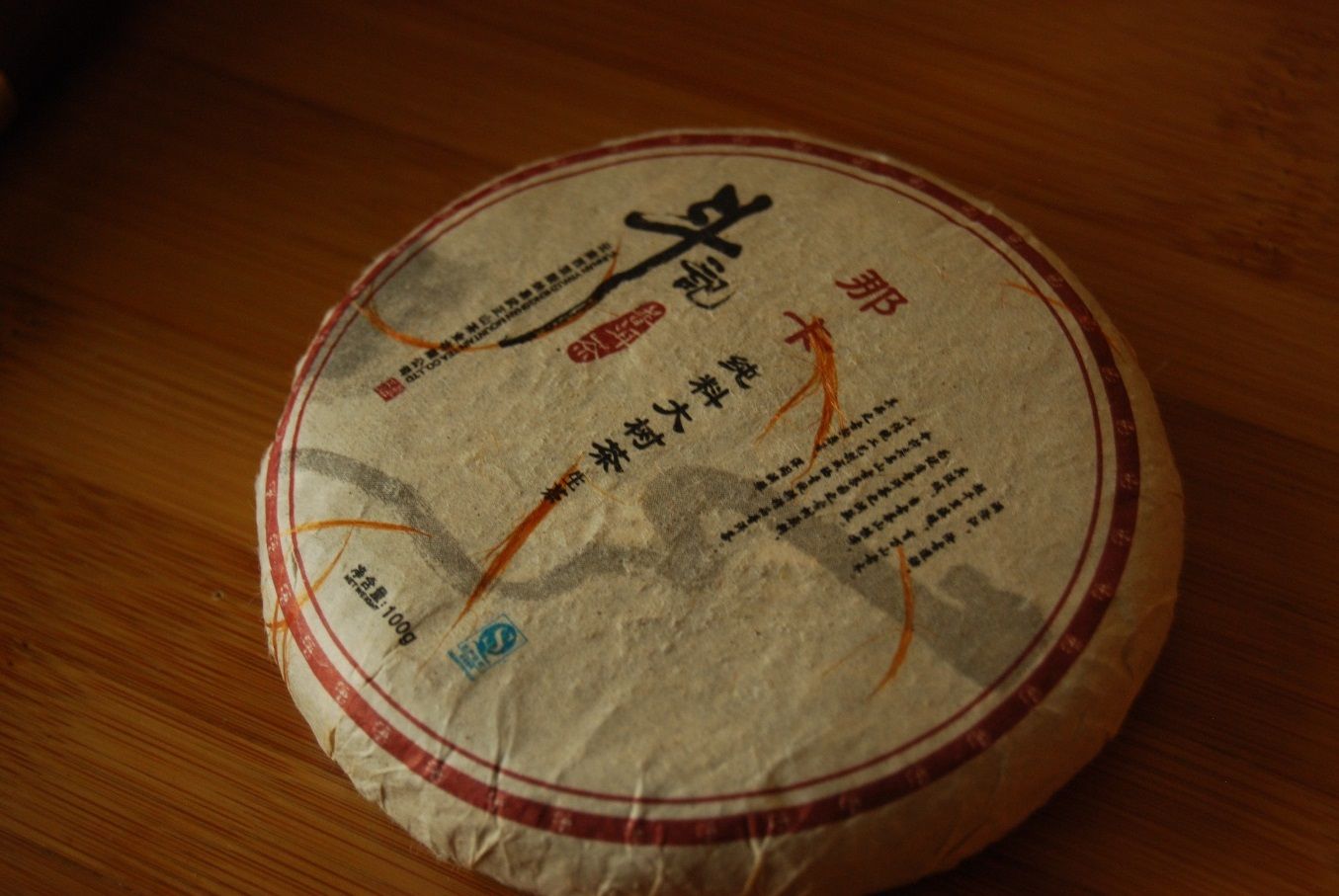
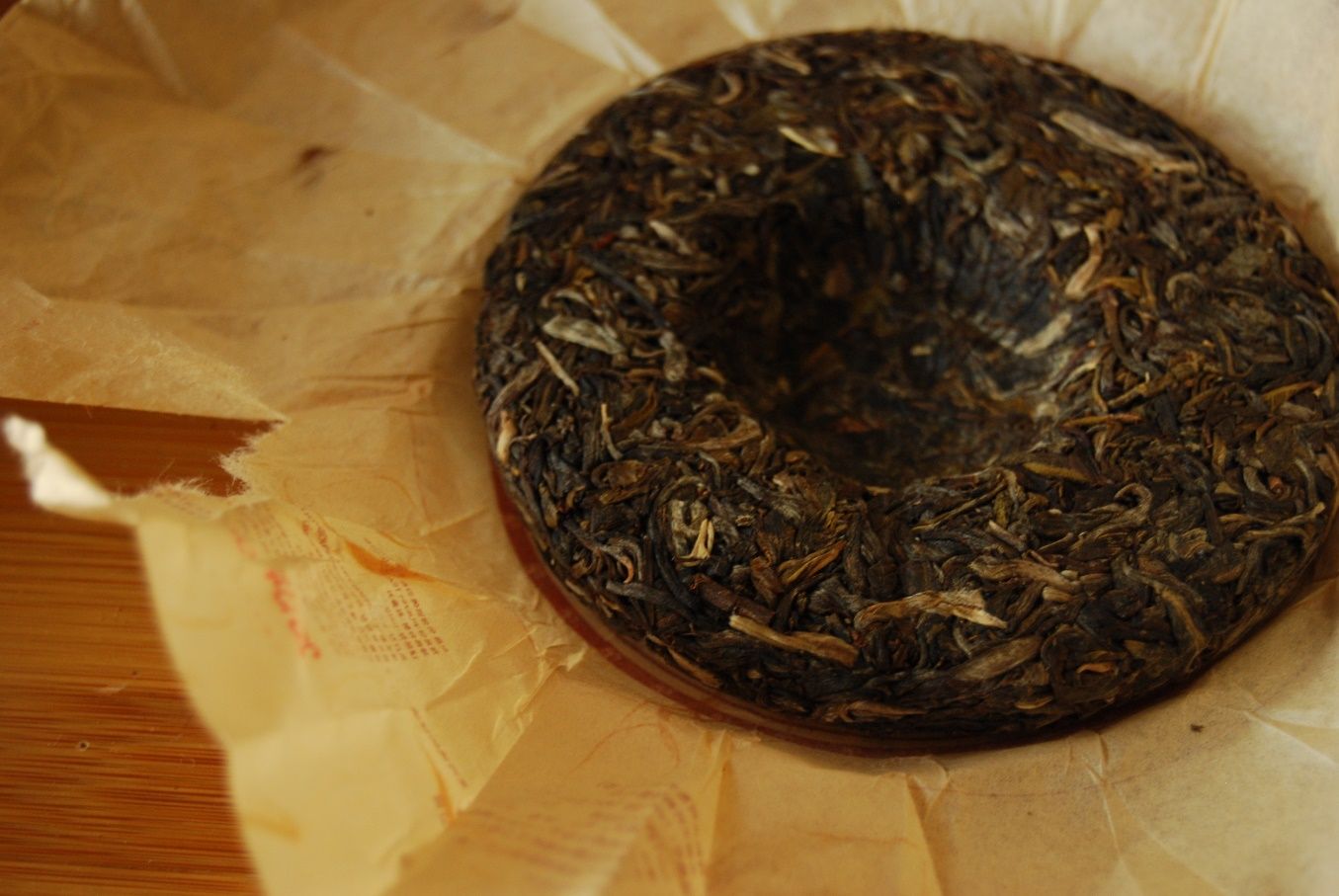
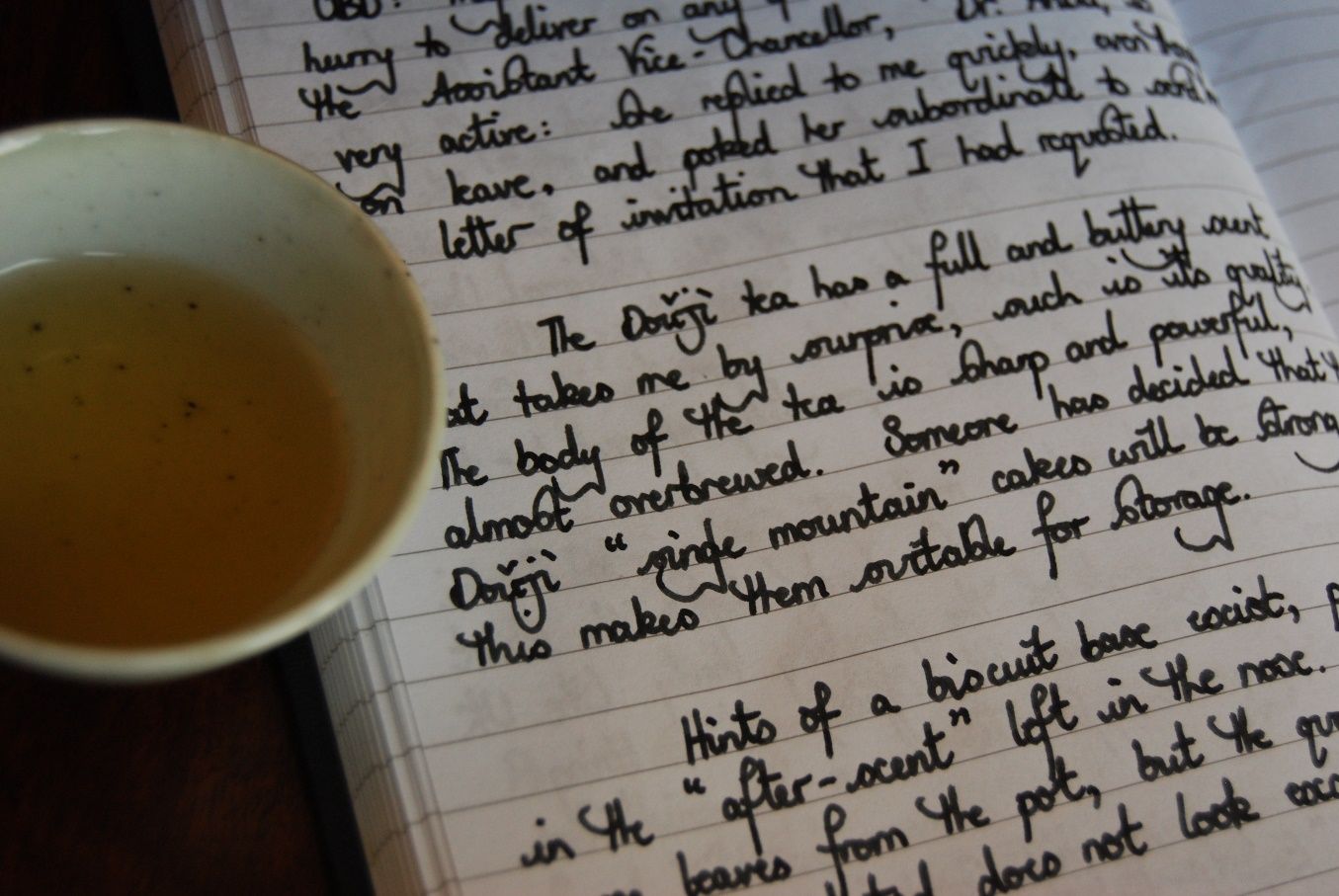
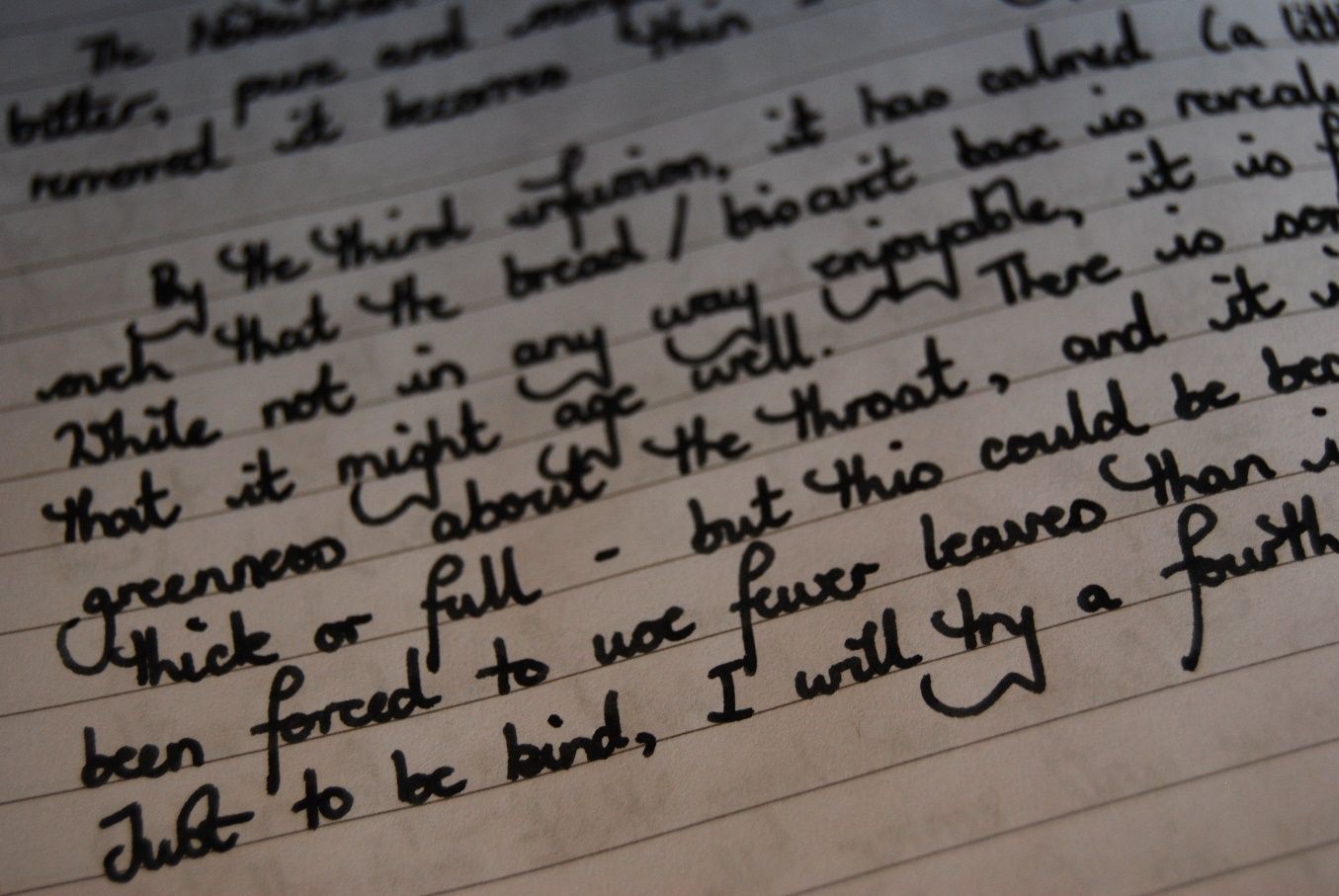
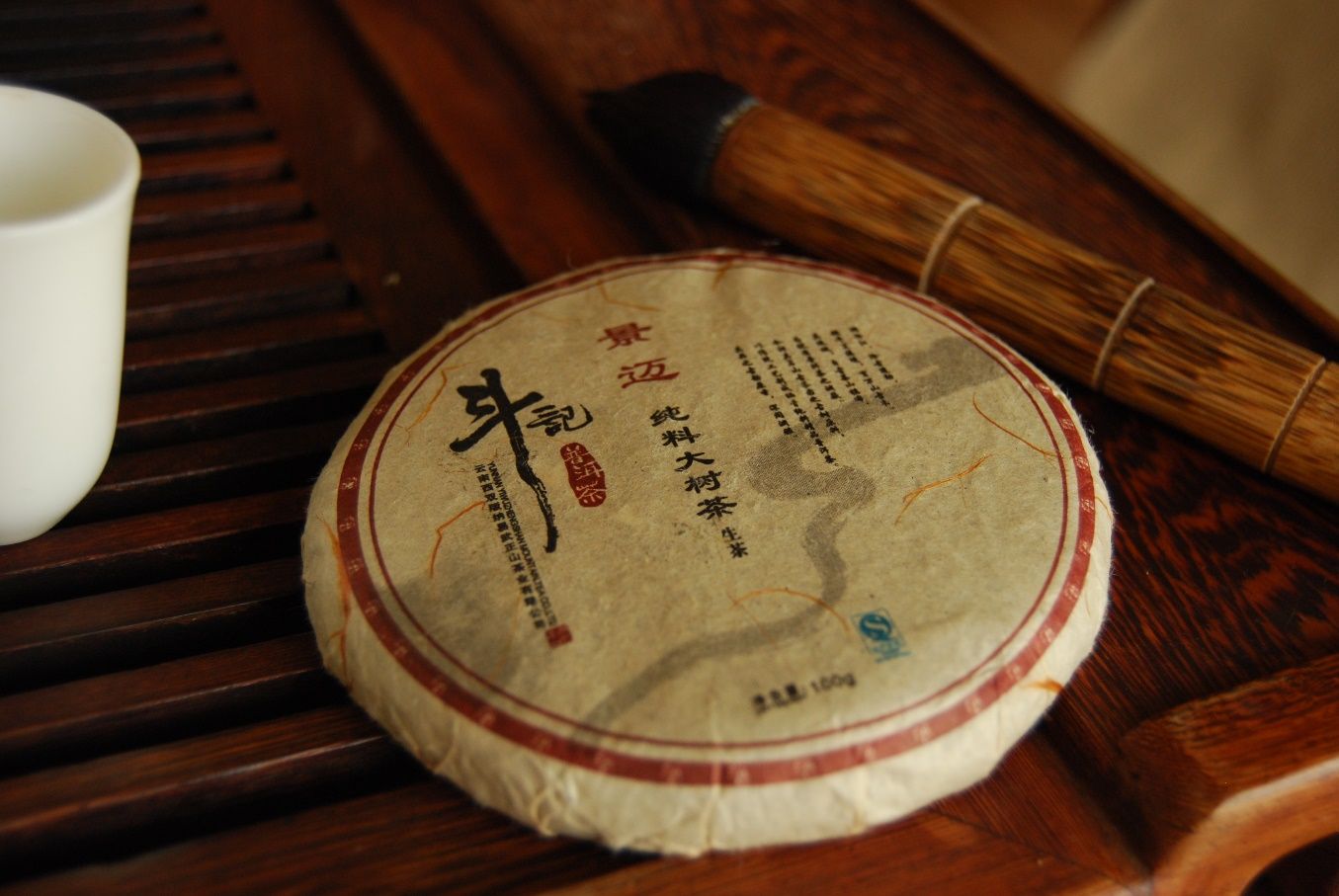
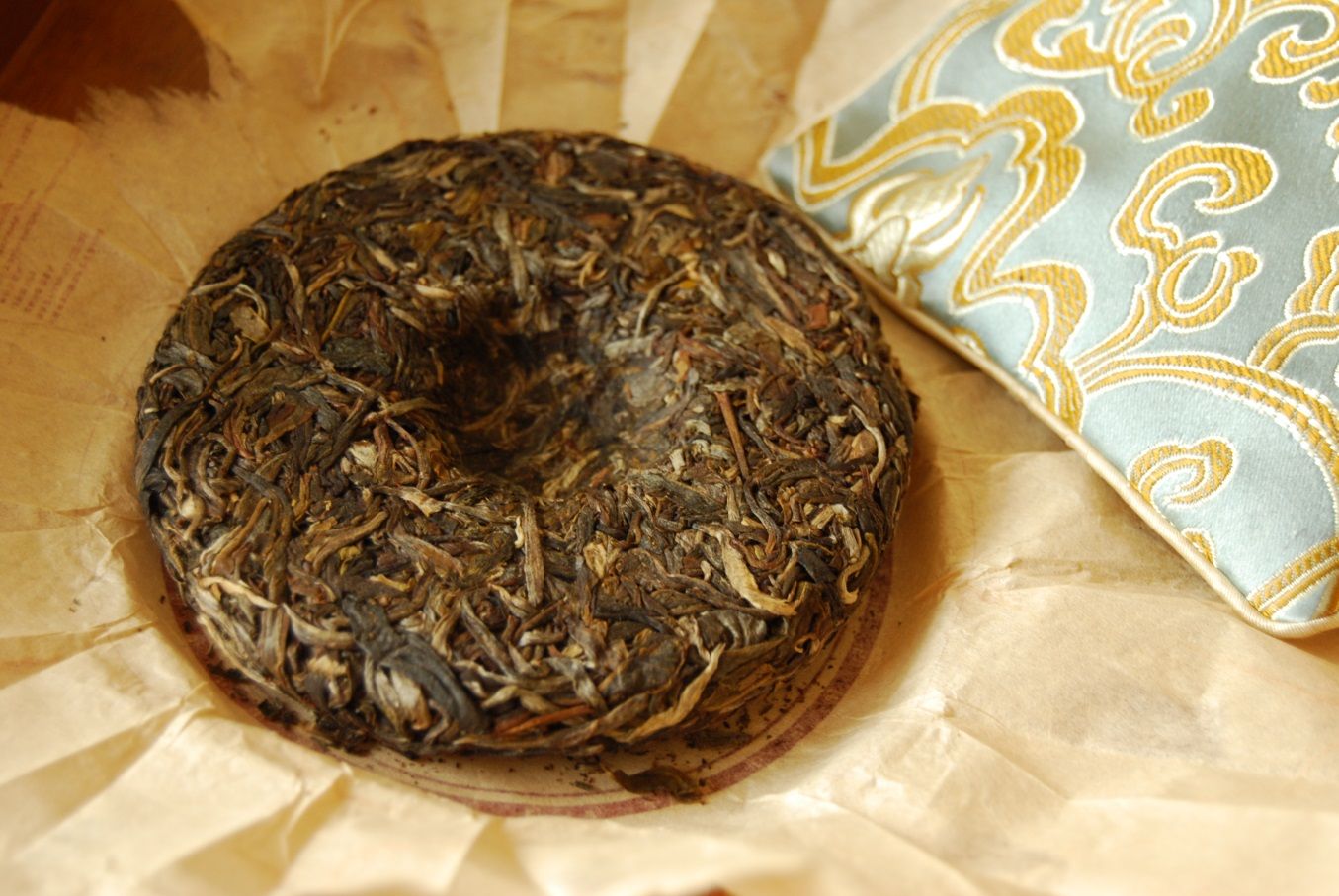
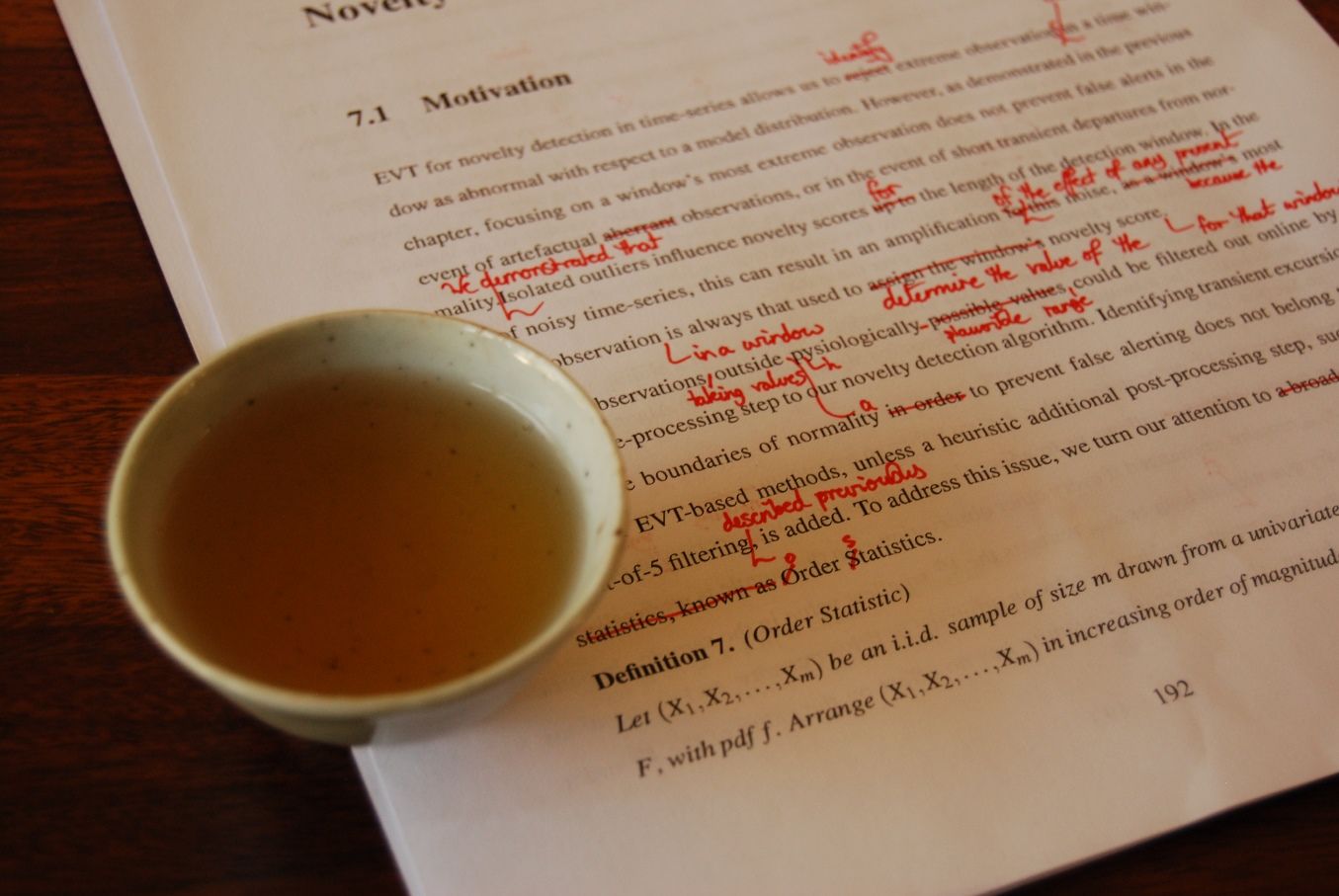
Ah the insanity of Douji... $126 for 357 grams... the perfect price for a mainland laoban with six mistresses who has exhausted all his other hobbies!
ReplyDeleteSad... I've watched this happen to so many brands and so many tea areas. Money is destructive..
If money is the root of all evil, then this bad Douji is the corresponding karma. :)
ReplyDeleteOne of my own hobbies is identifying groups of Mainland laoban when they roam through our city...
Toodlepip,
Hobbes
May be water is the problem? When several teas in line are bad, this can be the reason.
ReplyDeleteHobbes, Well put... that's what they get. Small consolation for having to cater to the needs of so many mistresses! I think you can spot these laoban pretty easily. Expensive but bizarre outfits... a leather man bag and if you can get a look... really bad teeth.
ReplyDeleteDear Ivan,
ReplyDeleteIt's a good idea, but I've not changed my water in (very many!) years, so have some confidence that is the tea this time. :)
Dear Scott,
Laoban is a state of mind - we can achieve it through intense meditative practise. :)
Toodlepip,
Hobbes